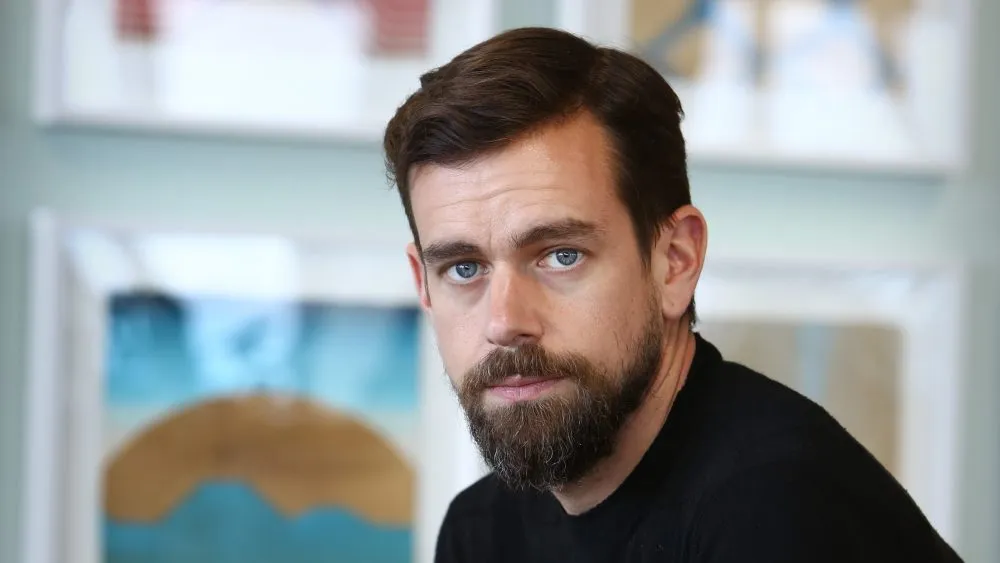- During the Presidio Bitcoin podcast, Jack Dorsey stated that for Bitcoin to truly succeed, it needs to become both cost-effective and time-efficient.
- Dorsey believes that making Bitcoin more accessible will help reduce price volatility and urged the community to focus on its utility as a peer-to-peer payment system.
Jack Dorsey, CEO of Block and co-founder of Twitter, has long been an advocate for Bitcoin (BTC), seeing it as the native currency of the internet. In a recent interview on the 21 in 21 podcast hosted by Haley Berkoe, Dorsey acknowledged that for Bitcoin to transition from a digital asset to a widely adopted currency, it must overcome key challenges related to transaction efficiency and user accessibility.
When asked about Bitcoin’s shortcomings, Dorsey explained, “I think it fails through irrelevance. If it just becomes something that people buy and forget, only to use in emergencies or when they need liquidity, then it doesn’t gain the relevance it needs. For Bitcoin to truly matter, it has to become a daily-use currency. Otherwise, it will just be a store of value and nothing more. It has to be payments to be relevant in the everyday life of people.”
He added that, “I don’t think the issue is convincing people that Bitcoin is safe. The real question is, what do I use this for? Is it just digital gold? Do I buy it, forget about it, and leave it there? That’s just not enough for me.”
One of the major hurdles Bitcoin faces is its transaction speed and cost. With average transaction times hovering around 9.4 minutes and fees averaging $2.50 per transaction, Bitcoin’s current infrastructure is far from efficient compared to traditional payment systems.
Dorsey’s Plan for Bitcoin’s Growth
Dorsey’s vision for Bitcoin’s future focuses on addressing these issues to make Bitcoin more practical and user-friendly. Jack suggested, “Building simple, accessible experiences that solve the payment use case, making it scale, and making it fast, giving networks like Visa and MasterCard real competition. There are tons of projects focused on this. As Bitcoin becomes more private, secure, and safe, it offers a third option to the US dollar and the Chinese yuan. Having a third currency is important for keeping other currencies and governments in check.”
The notion of Bitcoin as a third global currency is relevant in light of the geopolitical and economic shifts happening recently. BRICS nations (Brazil, Russia, India, China, and South Africa) have increasingly sought alternatives to the US dollar, especially in light of Western sanctions. Bitcoin’s decentralized nature could offer BRICS nations a way to circumvent traditional financial systems and reduce reliance on the dollar.
Haley asked Dorsey whether institutional investment would determine if Bitcoin became the planet’s preferred currency. Dorsey responded that while it might harm Bitcoin a bit, it’s clear that institutional investment will increase. For instance, MicroStrategy currently holds approximately 528,185 BTC, while companies that focus on Crypto mining, like Riot Platforms and Mara Digital Holdings, have also purchased BTC over the years to have 19,223 BTC and 47,600 BTC, respectively.
He emphasized the importance of demonstrating practical use cases, sharing his experience in regions like Central America, South America, and Africa, where he observed people using Bitcoin to buy coffee, pay for dinner, and settle payments with vendors. Currently, Bitcoin’s price has dropped by 6% in the last 24 hours, trading at $77,154. However, the daily trading volume has surged by 356.22%, reaching $69 billion. This clearly shows that investors are taking advantage of the current dip.

